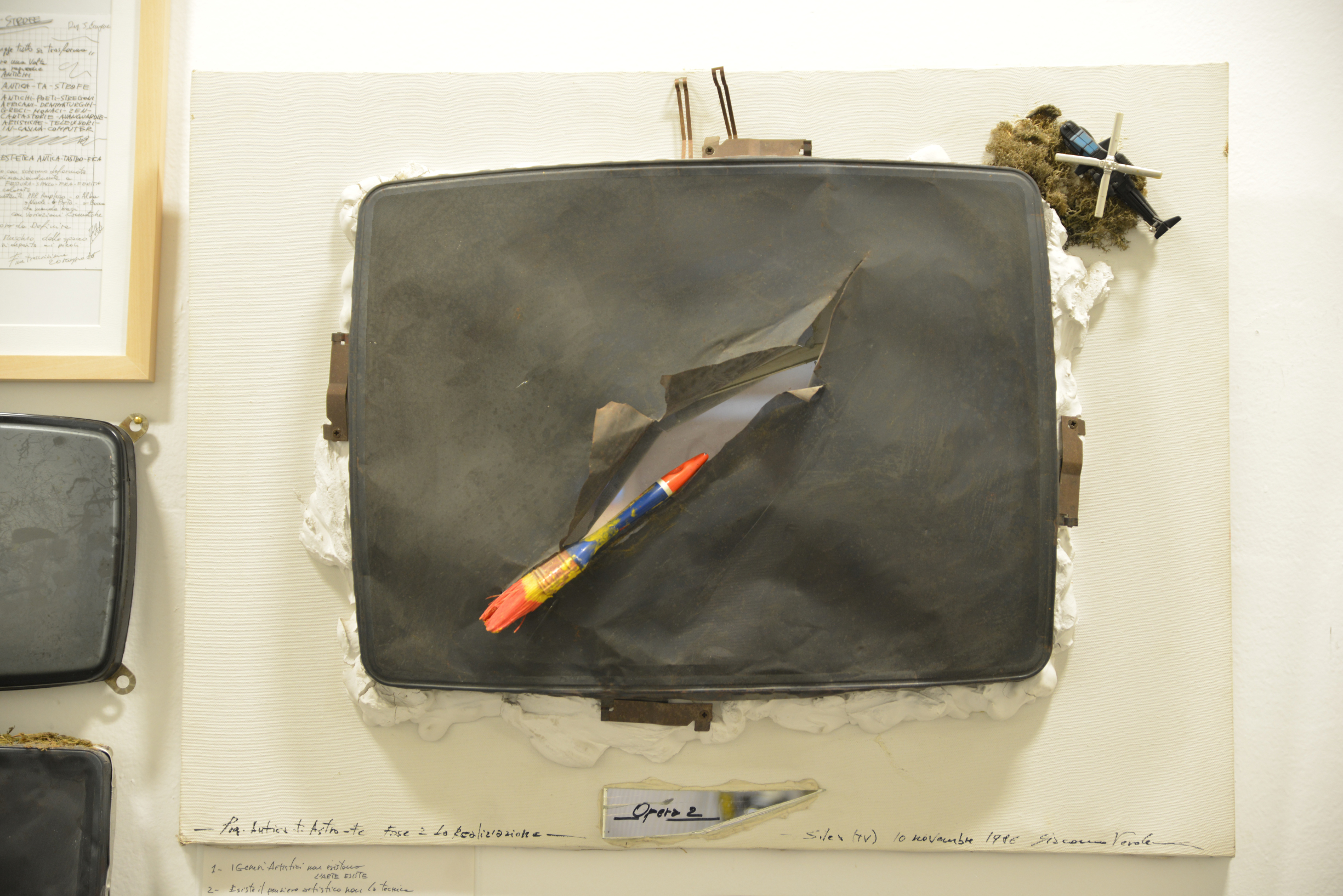WOYZECK
Drama by Georg Büchner
Recommended ages: 14 and over
Georg Büchner’s fragile fragment, one of the most significant and influential dramas in German literature, is based on the case of the soldier and barber Johann Christian Woyzeck who stabbed his lover and was sentenced to death for this act. Büchner was aware of the facts of this historic criminal case about which several legal, medical and psychological reports were prepared. He presents this jealous deed and the acts leading up to it: Woyzeck, «a good fellow and a poor devil» who has been forced down onto the lowest level of society financially, humiliated by his superiors, made an object of study by scientists, is abandoned to the radical lack of empathy from the world around him. And this is what makes him guilty, once his fears, instincts and desires have become obscenely manifest. However, «Woyzeck» transcends the sad single case of one mistreated individual. With «the subject Woyzeck» Büchner investigates the ever valid question of our dependence on social conditions which are beyond our control, of social relations, individual freedom and fate-like determinism.
«Woyzeck inhabits a social system predicated on brutality to which everyone is subject without knowing it. Those who do violence to Woyzeck are themselves trapped in this wider context. Büchner’s ability to present the dominant process of brutalization as one that also affects language occupies the heart of the production. A powerful thundering rhythm drives through the language of the characters. What Woyzeck is left with is blind violence, both done to him and done by him.» Ulrich Rasche
The director Ulrich Rasche, who is regarded as one of the most distinctive directors of his generation as a result of the formal power of his choral projects and his stunning stage designs and who has been invited to the Berlin Theatertrefffen 2017 with his production of Schiller’s «The Robbers» is making his debut at Theater Basel, which also presents a further masterpiece by the writer, physician and revolutionary Georg Büchner in the comedy «Leonce and Lena».





